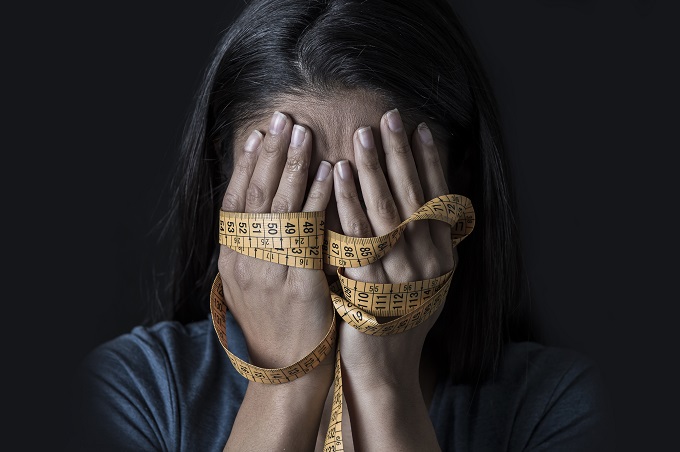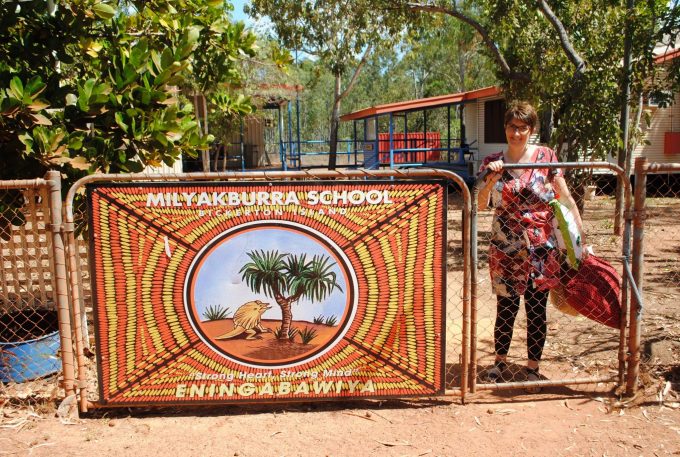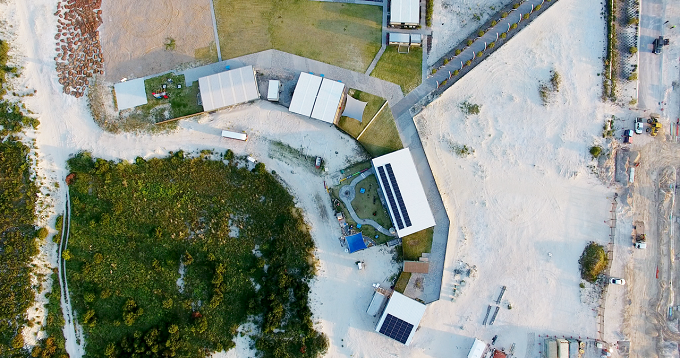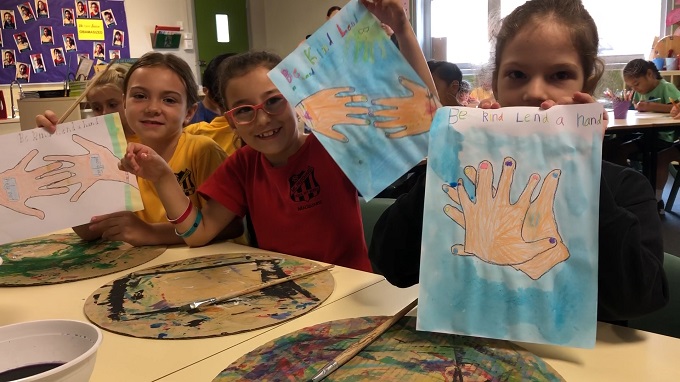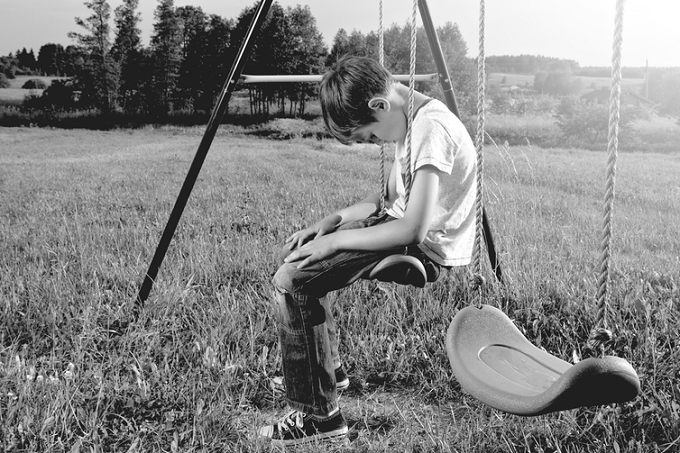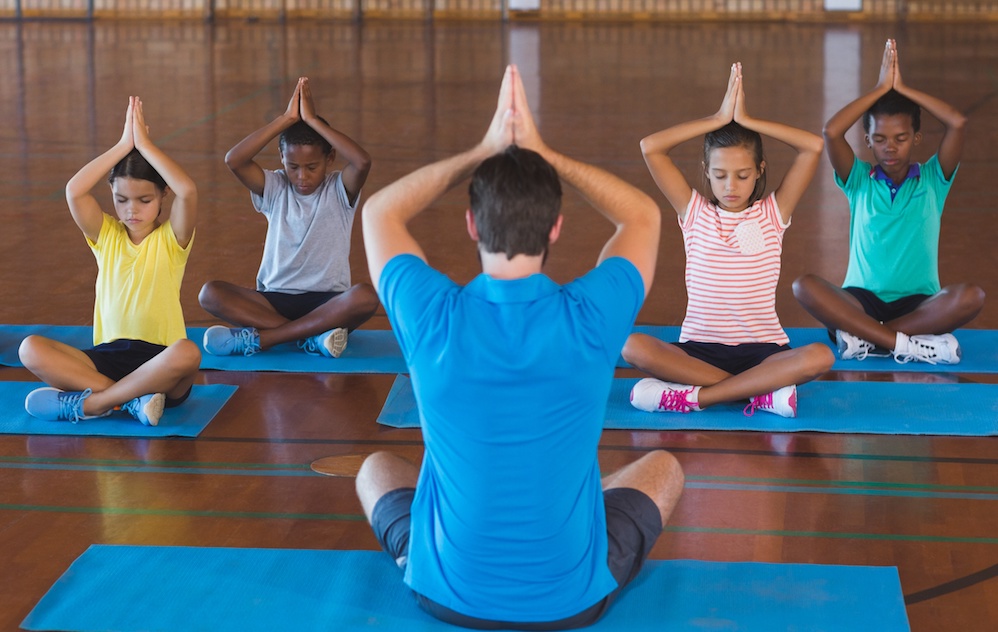School support needed for gender diverse youth post-pandemic
Gender diverse young people, those living in Victoria and NSW, and students have reported higher proportions of negative impacts from COVID-19 on various aspects of their lives including mental health, according to a new report from Orygen and Mission Australia.
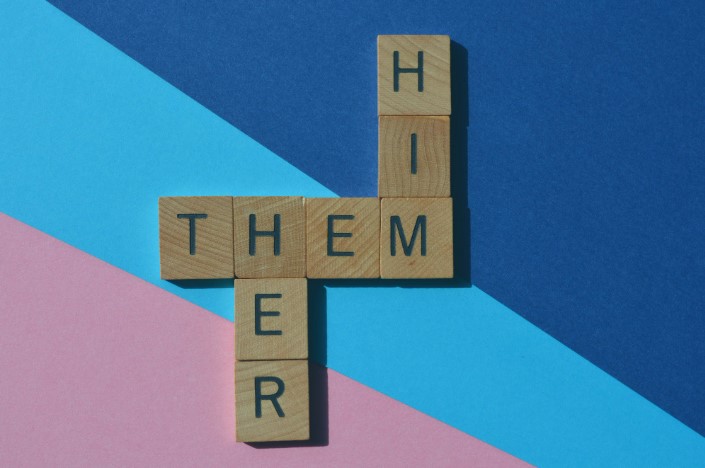
The majority of young people reported the top three areas of their life most negatively impacted by the pandemic were participation in activities, education and mental health.
Of the more than 3,000 young people who rated their mental health and wellbeing as poor, over three quarters (76.5%) indicated the pandemic had a negative impact on their mental health.
The report – Clusters of COVID-19 Impact: Identifying the impact of COVID-19 on Young Australians in 2021 – reveals the alarming impact of the once-in-a-hundred-year pandemic with data analysed from Mission Australia’s 2021 Youth Survey – an annual Australia wide survey of more than 20,000 young people aged 15-19 years.
Orygen’s Senior Research Fellow, Dr Kate Filia said the 2021 Youth Survey was an important one, with data collected during the second year of the pandemic – during the Delta wave – when lockdowns were affecting young people to different extents across the country.
“Over the past two years, young people have borne the brunt of the effects of COVID-19 and have faced a multitude of unique challenges – socially, financially and (with respect to this age group in particular), their education and employment,” Dr Filia said.
Young survey participants spoke of these challenges in their responses:
“COVID-19 has affected my mental health, has caused a lot of stress in regard to school work, and has stopped events from going ahead,” a gender diverse young person from Victoria said.
“Not being able to see friends during lockdowns, or when we weren’t allowed at school, was my biggest problem. I strive off of social interaction, and losing that caused me to get very upset and feel very alone,” a gender diverse 15 year-old from Queensland said.
Dr Filia explained further: “For those who reported more areas of their lives adversely impacted by COVID-19, a greater severity of psychological distress was experienced.
“We also saw this leading to increased rates of stress, loneliness and a perceived loss of control over their lives for these groups of young people.”
Potential implications for policy and practice highlighted in the report focus on the areas of mental health, education and employment, research and housing.
Mission Australia’s Executive, Practice, Evidence and Impact Marion Bennett said the partnership between Mission Australia and Orygen will support advocacy for greater supports for young people whose mental health and wellbeing have been affected by the pandemic.
“We need to increase access to mental health services, improve mental health screening and supports offered through schools and workplaces. It’s also vital we ensure that young people at risk of homelessness are identified early and have access to evidence-based housing and support models such as youth foyers when they need them.
“We must listen to the voices of young people so that the negative impacts of the pandemic don’t cause ongoing problems for this generation moving forward,” urged Ms Bennett.
Queer young people in Australia face disproportionate challenges
Adding to this, new research from the Monash University Centre for Youth Policy and Education Practice has found that queer young people in Australia face disproportionate challenges in contrast to their heterosexual peers in key areas such as education, health and employment.
A comprehensive survey of more than five hundred young Australians aged 18-24, and in-depth interviews with an additional 30, encompassed areas such as education, employment, technology, health and wellbeing, finances, housing, civic participation and the impact of COVID-19.
The findings reveal more needs to be done urgently to ensure safe and inclusive communities, and offers particularly striking insights in relation to three key areas: mental health and wellbeing, education and employment.
Among a wide list of findings from the report released today, Queer Young People in Australia: Insights from the 2021 Australian Youth Barometer, the researchers have found that queer young people:
- are 33% more likely to experience significant stress about interacting with other students than cisgender/heterosexual young people
- are 21% less likely to feel like they belong at their educational institution than cisgender/heterosexual young people
- are 85% more likely to feel pessimistic or very pessimistic about working in a meaningful job
- are 1.4 times more likely to rate their own mental health as poor or very poor
- were 71% more likely to have sought but not received mental health support in the last two years
Co-author of the report Professor Lucas Walsh said that by reporting on the disproportionate challenges faced by queer young people, the report aims to highlight how these experiences reflect broader systemic influences in our society.
Professor Lucas says more needs to be done by all levels of government as a matter of urgency.
“While queer young people are well aware of the challenges faced by their community, their concerns are not being heard, especially by the Australian Government and particularly during this election. We need to be doing more to create safer schools and in the provision of mental health and wellbeing support,” he says.
Blake Cutler, the lead author of the report and researcher at the Centre for Youth Policy and Education Practice, says schools should be places of care and safety where young people can thrive, and yet for many this is not the case.
“For many queer young people, schools are places where they face regular harassment and discrimination. These negative experiences contribute to poorer wellbeing outcomes and queer young people face significant challenges when accessing crucial queer-affirming health and mental health care. The onus to address these issues is on us all,” Mr Cutler says.
For the purposes of the Monash survey, queer young people shared the terms that they use when referring to themselves. Subsequently the researchers did not feel it was appropriate to possibly misrepresent or leave out their self-identification by using a form of LGBTIQA+ acronym in the paper, using the term queer to refer to young people who use one or more of the identities represented within and beyond the LGBTIQA+ acronym.

